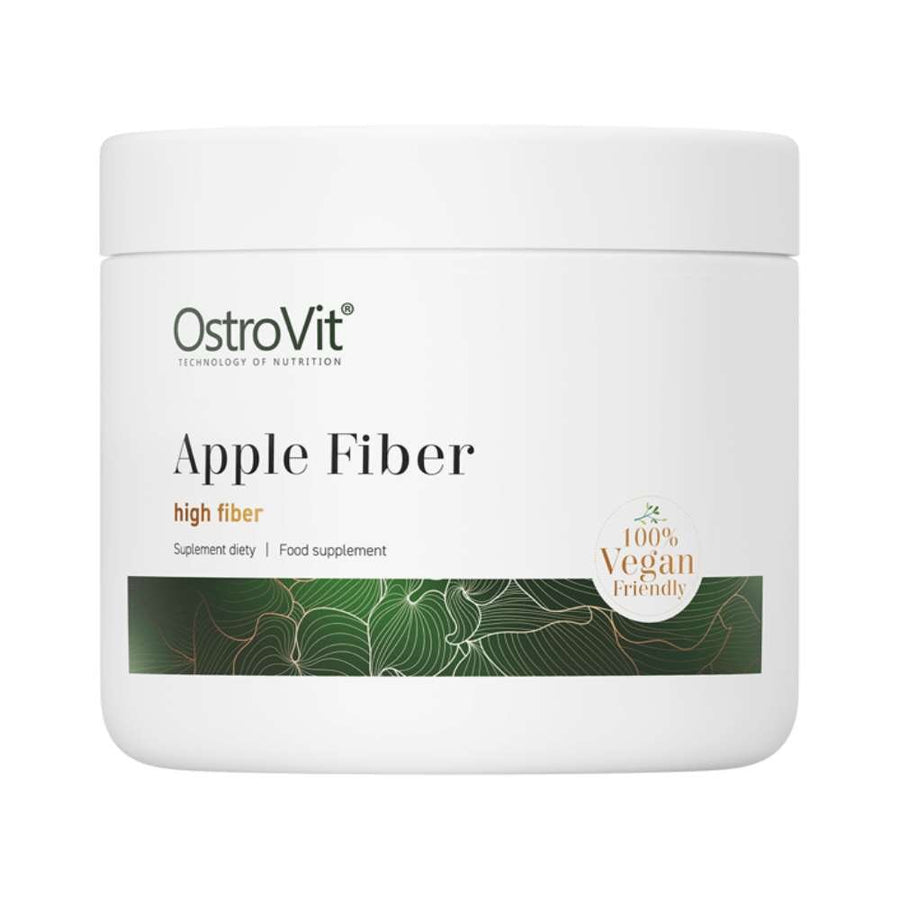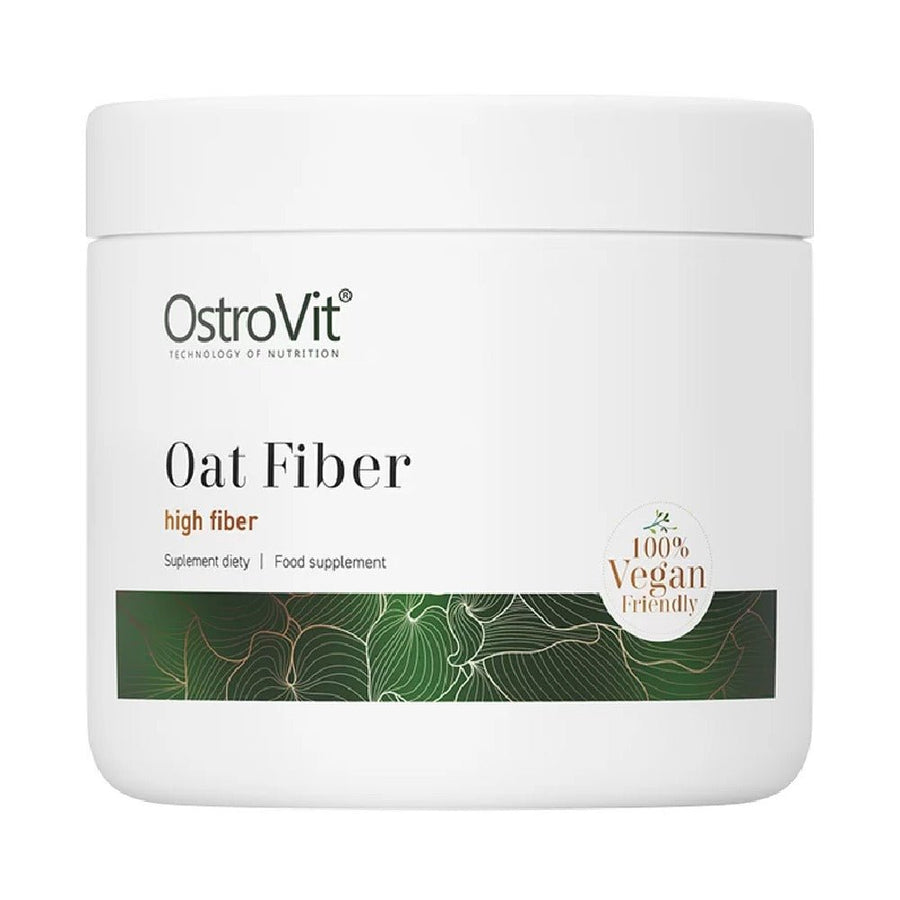Probiotics - what are they, what is their role, what are the benefits, contraindications and when their administration is necessary

You have surely heard of this term by now and wondered what probiotics are and how they help the health of the human body. Because it represents an extremely complex subject, it deserves a leisurely debate, so that each person understands the need for probiotics, their role, and when it is necessary to administer them.
Contents:
- Probiotics - what are they?
- Probiotics for adults - what does it help?
- Natural probiotics - what foods contain probiotics
- Probiotics - benefits and contraindications
- Administration of probiotics - when is it necessary?
1. Probiotics - what are they?
A person's gastrointestinal tract contains billions of living microorganisms. These, in turn, form the microbiome. The bacteria found in the gastrointestinal tract are also called good bacteria , and these probiotics help to multiply them, so that the body is able to absorb as many nutrients as possible and be ready to fight any infection that may appear.
Probiotics develop in the human body since birth, and they multiply, primarily, through food. The food with the most probiotics is the fermented food, but this also includes fresh food. If before it was very easy for people to ferment food in order to preserve it for as long as possible, thus producing natural probiotics, this is no longer the case today, and the intake of probiotics enjoyed by the body has become smaller and smaller. This is due to the fact that food can now be stored in the refrigerator, and the practices of farmers are completely different.
Prebiotics and probiotics are different things and you need to know how to differentiate them. Thus, prebiotics are known as vegetable fibers that stimulate the development of healthy bacteria. They are found in food. Instead, probiotics are living organisms, like strains of bacteria that help the body.
2. Probiotics for adults - what do they help?

If you've ever wondered what probiotics help with, it's best to get information from reliable sources, where you can get pertinent answers. Of course, the family doctor can also be consulted. Even if probiotics do not have an exact definition, they represent the microorganisms that every body needs.
The role of probiotics in the body is a major one. Because the nutrients that exist in the human body naturally must be assimilated by the body, they will make this task easier to accomplish.
These microorganisms also make up the flora of the human body. For example, they can be found both in the gastrointestinal tract and in the skin, oral cavity or respiratory tract. Most are present, of course, at the intestinal level. Probiotics are able to create a protective filter for the body, which keeps away unfriendly microbes that can lead to imbalances and gastrointestinal disorders, urinary infections, vaginal infections and many others. Moreover, probiotics are known as a good regulator of intestinal transit that does not let the colon get irritated.
They also have the ability to synthesize folic acid and vitamins B1, B2, B6, B12, thus helping the body to go through a strong detoxification process in which substances such as hormones, cholesterol or ammonia are eliminated.
Probiotics during pregnancy and breastfeeding are very effective, because they help women to balance their intestinal flora and excess hormones. For example, the risk of developing candidiasis decreases, as do problems related to intestinal transit, weight and digestion. Also, the studies carried out in recent years demonstrate that the fetus is not affected in any way by the administration of probiotics. Moreover, these good bacteria can reduce food allergies. Last but not least, probiotics do not affect breastfeeding either. However, you must avoid their administration until you consult the specialist doctor.
If you wonder which natural probiotics you can give your child, the answer is the same: fermented foods and those with nutrients. Certain studies have managed to highlight the fact that probiotics can help malnourished children to develop harmoniously. These good bacteria are present immediately after birth, when it comes to natural birth. Instead, children born by caesarean section will have probiotics after about six months, which can lead to different allergies developed later. Also, probiotics can make diversification easier, help prevent colic, prevent indigestion and fight infections. These results show that probiotics must exist in the body.
3. Natural probiotics - what foods contain probiotics
- pickled cucumbers;
- the yogurt;
- the vinegar;
- fermented vegetables;
- sauerkraut;
- fermented soy;
- bananas;
- oat;
- garlic;
- Flaxseed;
- black chocolate;
- kombucha;
- onion;
- wheat;
- leek;
- chicory leaves;
- Beet.
The above foods contain several types of probiotics, extremely effective for the body and health. In order not to face the symptoms associated with the lack of probiotics, you must have a balanced diet, which also includes fermented dairy products, such as yogurt, for example.
4. Probiotics - benefits and contraindications

If you needed to take probiotics or they were recommended to you by a doctor or a specialist, you must have wondered what probiotics are good for. Well, to clarify this aspect, below we provide you with a list of all the benefits they have.
It helps digestion
When you consume good bacteria, you protect your body from possible diseases of the digestive tract, such as Crohn's disease, ulcer or other inflammatory ones. Thus, they help to have the best possible digestion. Also, diarrhea can be combated, regardless of the causes that caused it. As well as constipation. Even people suffering from irritable bowel syndrome will have many benefits from probiotics.
It helps the immune system
The human body also contains prebiotics, in addition to the known probiotics that are the subject of the article. These represent carbohydrate residues that the body is not able to digest. Thus, they become food for probiotics. When they act together they become symbiotic. Because most of them are in the intestinal tract, they help strengthen the immune system.
They improve the effect of antibiotics
Many times, when antibiotics are recommended by the doctor, they are also accompanied by probiotics. There is a well-founded reason why this is done: the bacteria in the body acquire more and more resistance to the effect of antibiotics, which leads, in the long term, to their lack of effectiveness. This is where probiotics come in, which reduce the resistance of bacteria.
They reduce blood pressure
There are ongoing studies on probiotics that provide evidence that they improve the lipid profile and reduce the body's insulin resistance.
It helps the health of the skin
The symptoms of skin diseases and its health, in general, are supported by probiotics, especially in the case of children. Certain studies show that they can prevent atopic dermatitis. They are also effective in preventing allergies.
It helps fatty liver
This is an extremely common condition today, which must be treated in time, in order not to lead to serious health problems. Fortunately, probiotics help patients who have such conditions.
They prevent bloating
Bloating is a very common condition, especially in the case of women. It appears, most of the time, when there is an excess of gas in the stomach. This is where probiotics come in, which can reduce unpleasant symptoms and protect the intestinal flora.
Fighting infections
Probiotics have an excellent antimicrobial effect for the body, because they stimulate the substances with an anti-infective role that the body is able to produce. For this reason, they are effective against respiratory infections.
Also, the role of probiotics is not fully known by everyone, because there are a lot of benefits that are less known to people. For example, they are also used in slimming belts. This is due to the fact that it helps to accelerate burning and reduce the feeling of hunger. Moreover, they are effective in the fight against candidiasis. In addition to the temporary treatment provided by the doctor, they can be used to control the problem in the long term. Another less known beneficial effect is the fact that it protects the bones, preventing decalcification. Last but not least, probiotics can improve emotions and brain activity.
Of course, there are also adverse effects of probiotics. Even if they have no contraindications, each person can have certain side effects. For example, some patients felt intestinal discomfort at the beginning of the treatment. If this happens, you must contact your doctor.
5. Administration of probiotics - when is it necessary?
You must have wondered when to take the probiotic. Well, it must be administered either in the form of health supplements or through food, when the intestinal flora is disturbed. It can be affected by a variety of medicines, antibiotics, contraceptives, chlorinated water, but also by certain foods, such as refined sugar. Because all of the above have ended up being extremely frequently used by people, probiotics are necessary, especially since more than 80% of the flora of the immune system is found in the bacterial flora of the intestines.
Probiotics are also recommended for people who have respiratory allergies, genital infections or certain skin problems. Likewise in the case of those who frequently suffer from constipation. Some people believe that probiotics should also be administered when a person goes on trips. This is practiced to reduce the risk of indigestion.
With the advent of antibiotics, a list of probiotics was automatically developed that people can take when administering such a rather aggressive treatment for the intestinal flora. However, even if their role is beneficial, probiotics cannot be taken by ear, but on the doctor's recommendation.
Most people wonder if it is better to administer pharmaceuticals or foods containing probiotics. Well, both are equally necessary. If no antibiotic is administered, then there is no need for pharmaceutical probiotics, except in the case of some exceptions and diseases. However, if you are going to take certain pills that can affect the flora, you must also turn to sources of pharmaceutical probiotics.
Regardless of the types of probiotics, they have different forms of administration. For example, they can be taken for a whole month or several consecutive days during a year. In order not to make any mistakes in this regard, it is best to ask the advice of the family doctor or the pharmacist.
So, now that you know what probiotic means, which are the fruits and vegetables that contain probiotics, and their benefits, you can turn to health supplements or natural probiotics that suit your needs. Take into account the above tips and live healthy!
Photo source: Unsplash.com, Pexels.com.
reference
Prebiotics, probiotics and your health
https://www.mayoclinic.org/prebiotics-probiotics-and-your-health/art-20390058
Prebiotics: Definition, Types, Sources, Mechanisms, and Clinical Applications
https://www.ncbi.nlm.nih.gov/pmc/articles/PMC6463098/
Effects of probiotics on child growth: a systematic review
https://jhpn.biomedcentral.com/articles/10.1186/s41043-015-0010-4






















